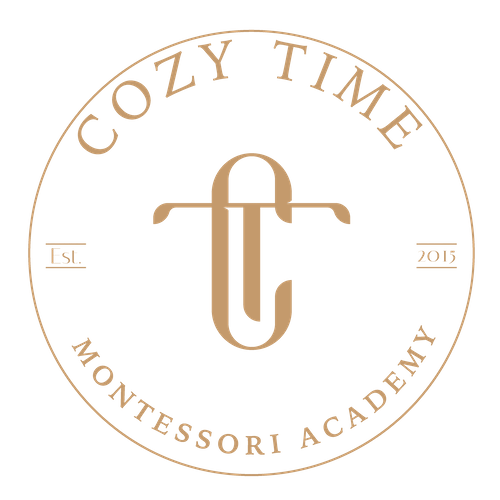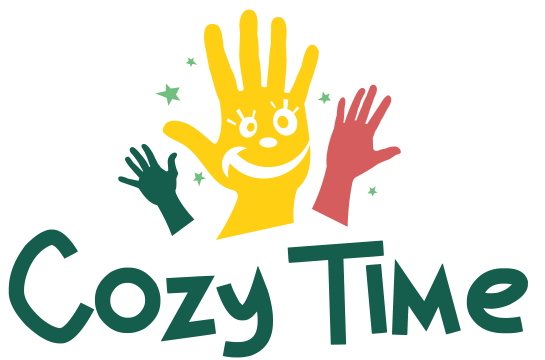Embracing the Montessori Approach
Reminiscing on my first visit to a Montessori daycare, I remember being captivated by the peaceful ambiance, the children’s absorbed manner, and the unique learning materials. It was a stark contrast to the traditional daycare settings I had witnessed. This was my introduction to the Montessori philosophy, a revolutionary approach to early childhood education developed by Dr. Maria Montessori – an Italian physician, educator, and innovator, acclaimed for her educational methodology that builds on the way children naturally learn.
Montessori education is anchored on the belief that children are naturally curious and learning should be a process of discovery. This philosophy respects the individuality of each child and encourages their innate passion for knowledge. It’s not merely a method of teaching but a way of seeing the world around us.
The Foundation of Montessori Education
The genesis of Montessori education dates back to the early 20th century when Maria Montessori was working with children from impoverished families in Rome. Her keen observation led to the development of an education system that emphasizes independence, freedom within limits, and respect for a child’s natural psychological, physical, and social development. Today, these foundational principles of Montessori education continue to guide our approach at Cozytime daycare in Toronto, especially in our Montessori daycare after-school program. By fostering an environment where children can explore at their own pace and pursue their interests, we enhance their motivation and love for learning. The benefits of Montessori daycare extend beyond academic achievements, as they also promote social skills and emotional resilience. As children engage in collaborative activities, they learn to communicate effectively and build meaningful relationships with their peers. Our educators are trained to create an environment that fosters exploration and learning while respecting each child’s unique pace and interests. By incorporating the Montessori philosophy in early education, we aim to nurture a love for learning that extends beyond the classroom. This approach not only builds independence but also cultivates collaboration and critical thinking skills essential for future success.
Key Elements of a Montessori Daycare After-School Program
Setting foot in a Montessori daycare after-school program, one is immediately struck by the serene, child-centric environment. The space is meticulously organized, inviting, and filled with natural light, making it conducive for a child’s exploration and learning. Everything is designed with a child’s viewpoint in mind, promoting independence and a sense of ownership over their learning.
The Guiding Role of a Montessori Teacher
In my fifteen years of experience as a Montessori teacher, I’ve realized that our role is significantly different from traditional teaching methods. Instead of instructing, we guide the children to explore and discover at their own pace. We observe each child’s learning style, interests, and pace, facilitating personalized learning that respects the child’s individuality.
Learning Materials: Simple Yet Effective
The learning materials in a Montessori classroom appear simple, yet they are designed for self-directed learning. They are sensory-based, allowing children to explore concepts through touch, sight, and sound. This hands-on approach fosters a deep understanding and enhances the child’s cognitive and motor skills.
Peer Group Learning and Structured Free Play
Another distinctive aspect of Montessori philosophy is the mixed-age group classrooms and the emphasis on peer learning. This fosters social development, respect, and empathy. Additionally, structured free play is an integral part of the Montessori daycare after-school program at Cozytime, Toronto. It provides children the freedom to choose their activities and learn through play, which encourages creativity, problem-solving, and negotiating skills.
In conclusion, a Montessori daycare after-school program offers a nurturing environment that holistically develops your child’s skills, promotes their independence, and fosters a lifelong love for learning. For more information, contact us at (416) 602 3811. Embrace the Montessori philosophy and unlock your child’s potential. By choosing our program, you’ll witness firsthand how the Montessori approach to early education encourages creativity and critical thinking while allowing children to explore their interests at their own pace. Our experienced educators are dedicated to creating a safe, engaging atmosphere where each child can thrive. Join us in cultivating a bright future for your little one, where learning is a joyous and fulfilling journey. In addition to our after-school offerings, we also provide Montessori before school programs that ensure your child begins each day in an enriching and engaging atmosphere. These programs are designed to help children transition smoothly into their day, building confidence and enthusiasm for learning. Together, our comprehensive approach integrates learning with play, setting the foundation for a bright future.
Comparing Montessori with Traditional After-School Programs
Years ago, my children were enrolled in a traditional after-school program. The experience was far from ideal. The curriculum was rigid, and the approach was one-size-fits-all. When we discovered Montessori, everything changed. The difference was like night and day.
In traditional programs, children are often grouped together and expected to learn at the same pace. However, in a Montessori daycare, personalized learning is the norm. Each child is recognized as an individual, with unique strengths, weaknesses, and learning styles. They are given the freedom to explore and learn at their own pace, which enhances their understanding and retention of information.
Another striking difference lies in the value placed on independence. Traditional programs often encourage reliance on teachers or adults for learning and problem-solving. But in a Montessori setting, children are guided to be independent thinkers. They are encouraged to explore, question, and discover solutions on their own. This approach cultivates self-confidence, critical thinking, and problem-solving skills, which are crucial for life-long learning.
Testimonials from Parents on Montessori Daycare After-School Program
As a mother and a content writer, I’ve had the opportunity to connect with many parents. Over the years, I’ve received numerous testimonials from parents who have chosen Montessori for their children. One parent from Toronto shared, “I’m amazed at how my child has grown in the Montessori environment. She has not only learned academically, but also developed social skills and self-confidence.”
Another parent expressed, “My son struggled in a traditional after-school program. But in the Montessori setting, he thrives. He loves that he can learn at his own pace and that he is encouraged to be independent.”
Assistance in Decision-Making – How to Know if Your Child Would Benefit from Montessori?
As a parent, I understand that every child is unique and what works for one may not work for another. In my experience, a child who is curious, enjoys exploring, and is comfortable learning at their own pace would greatly benefit from a Montessori environment.
Montessori also works well for children who thrive in a calm and structured environment. The Montessori method encourages children to take responsibility for their learning, which enhances their self-confidence and independence.
How to Find the Best Montessori Daycare After-School Program Near You
Looking for a Montessori daycare near you? Start by checking for accreditations. A quality Montessori center will be accredited by recognized organizations. This assures that the center follows the Montessori philosophy and standards.
Next, visit and observe the environment. A Montessori classroom should be calm, structured, and filled with hands-on learning materials. Lastly, talk to parents who have children enrolled in the center. Their experiences and insights can be invaluable in making a decision.
If you’re in Toronto, consider visiting our Montessori center, Cozytime. We’re fully accredited and committed to providing a nurturing and enriching Montessori environment for children. To schedule a tour or for more information, don’t hesitate to reach us at (416) 602 3811.

